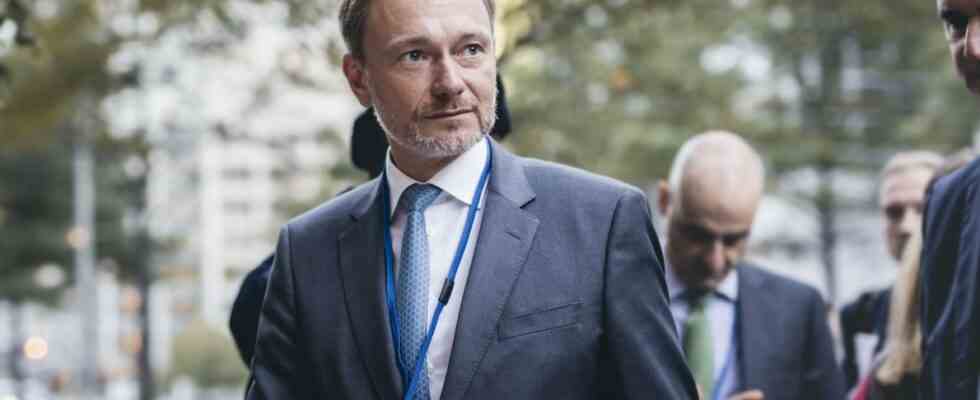One of the popular buzzwords in budgetary policy is transparency, i.e. the idea that the federal government’s figures should always reflect the country’s actual financial situation in a comprehensible and unequivocal manner. However, this does not mean that two people or authorities who demand transparency actually mean the same thing. On the contrary: Sometimes the views and definitions are so far apart that one could think that the conflicting parties live on different planets.
The latest example is the dispute between the Federal Court of Auditors and Finance Minister Christian Lindner (FDP) over the €200 billion protective shield against high energy prices: the Bonn auditors consider Lindner’s plans to be unconstitutional and extremely opaque, but the minister counters that he wants that only create special funds in order to take full account of the budgetary principle of “truth and clarity”. Now who is right?
The Court of Auditors criticizes the fact that the federal government wants to borrow the 200 billion euros this year or at least obtain the corresponding credit authorizations, although some of the aid for citizens and companies is only supposed to flow in 2023 and 2024. Such procurement of loans “in reserve” violates the constitutional principle of “annuality”, the provision that states that the budget is always drawn up for a calendar year and that income and expenditure must always be balanced at the end of these twelve months. This is to ensure that the Bundestag can actually carry out its control function. In addition, the auditors demand that the protective shield be financed directly from the normal federal budget and not, as planned by Lindner, via a so-called special fund.
The minister, on the other hand, argues the other way around: using the Economic Stabilization Fund (WSF) – the special fund mentioned – that has existed since the Corona crisis is “constant state practice” that the current coalition did not invent and “of which the federal government is sure that it is not only constitutionally responsible, but also economically necessary in these times,” said the FDP leader on ZDF. After all, politicians should not accept that people can no longer pay their gas bills or that healthy companies have to go bankrupt. Incidentally, it is a contribution to more transparency if regular government spending is bundled in the budget, limited by the debt brake and separated from one-off crisis aid. “We separate what the crisis demands of us from general political wishes and plans,” explained Lindner.
It is in the nature of things that the opposition, along with the Court of Auditors, does not go along with this line of argument. The budgetary spokesman for the Union faction, Christian Haase, said that the aspect of unconstitutionality “should not simply be ignored”. Instead, necessary loans would have to be booked in another supplementary budget this year and in the core budget in 2023. What the numerator forgot to mention, however, is that it is common practice to roll over unused credit appropriations from one fiscal year to the next. And: The Economic Stabilization Fund 2020 was actually not created by the traffic light, but by the grand coalition, i.e. under the leadership of Haase’s CDU.
In short: transparency in budgetary policy is important – and often a question of location.

